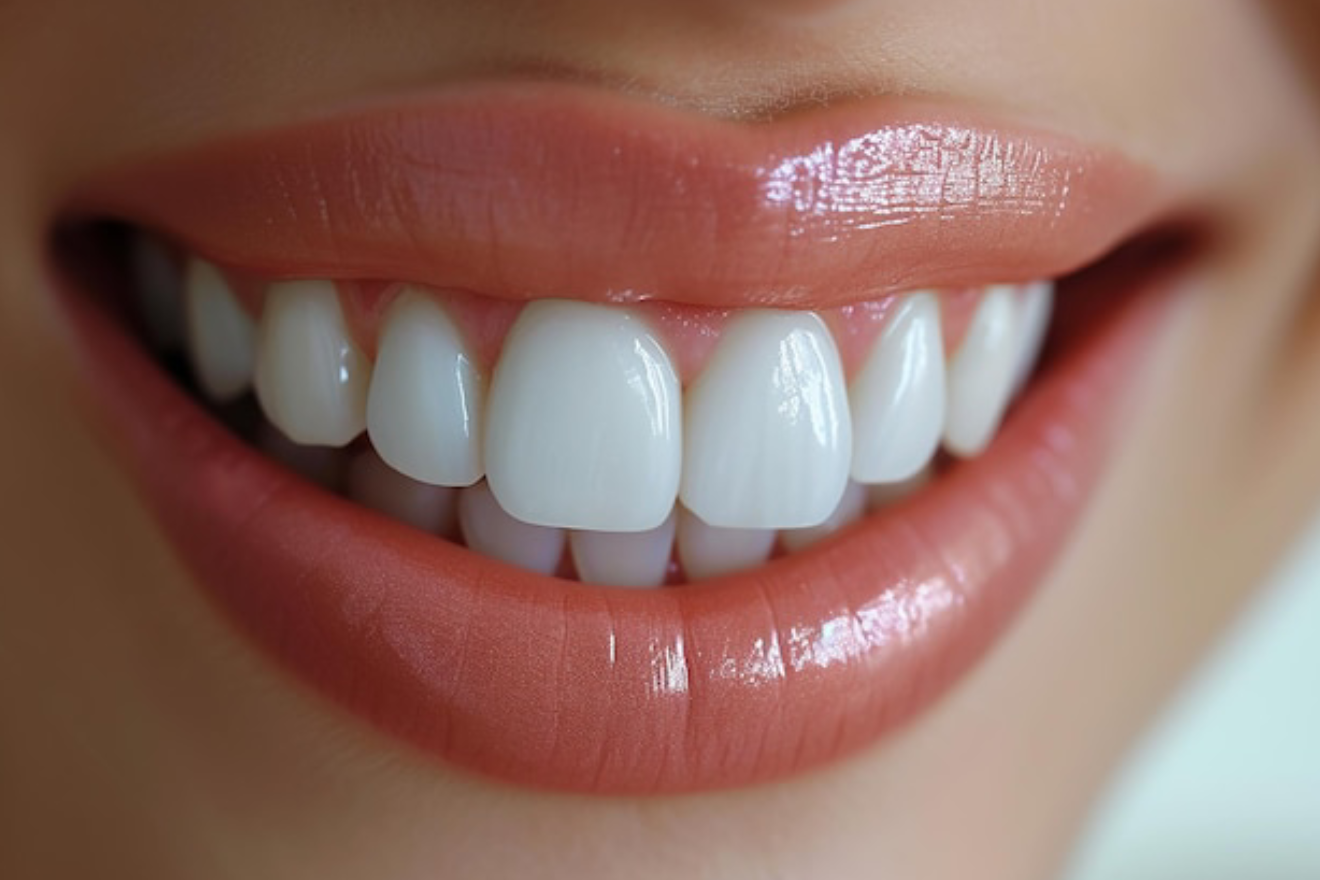Comprehensive Guide to Dental Veneers
Dental veneers are a popular cosmetic dental treatment designed to improve the appearance of your teeth by covering imperfections with thin, custom-made shells. These shells are applied to the front surface of the teeth, offering a transformative effect for a variety of aesthetic concerns. Here’s a detailed guide to dental veneers, including their benefits, the application process, and care tips.
What Are Dental Veneers?
Dental veneers are ultra-thin, custom-made shells made from porcelain or composite resin that are bonded to the front surface of your teeth. They are used to correct a range of cosmetic issues, including discoloration, chips, cracks, gaps, and misalignment. Veneers provide a natural-looking and aesthetically pleasing result, enhancing the overall appearance of your smile.
Benefits of Dental Veneers
- Aesthetic Improvement: Veneers can effectively cover imperfections such as stains, chips, and uneven teeth, resulting in a more uniform and attractive smile.
- Natural Appearance: Porcelain veneers are highly translucent and mimic the natural look of tooth enamel, providing a seamless blend with your existing teeth.
- Durability: Porcelain veneers are durable and resistant to staining, making them a long-lasting solution for maintaining a bright and beautiful smile.
- Minimal Tooth Preparation: The application of veneers typically requires only minimal alteration to the natural tooth structure, preserving more of the original tooth compared to other treatments.
Types of Dental Veneers
- Porcelain Veneers: Porcelain veneers are crafted from high-quality ceramic material and are known for their strength and natural appearance. They are resistant to staining and provide a long-lasting cosmetic solution.
- Composite Resin Veneers: Composite resin veneers are made from a tooth-colored resin material and are applied directly to the teeth. They are generally less expensive than porcelain veneers but may require more frequent touch-ups.
The Veneer Application Process
- Initial Consultation: The process begins with an initial consultation where your dentist will evaluate your dental health, discuss your cosmetic goals, and determine if veneers are suitable for you.
- Treatment Planning: Your dentist will take X-rays, digital impressions, and photographs to create a personalized treatment plan. This plan will outline the number of veneers needed and the desired outcome.
- Tooth Preparation: To prepare for the veneers, a small amount of enamel is typically removed from the front surface of the teeth. This step ensures that the veneers fit properly and look natural. For some types of veneers, minimal to no tooth preparation may be required.
- Impression Taking: Impressions or digital scans of your prepared teeth will be taken to create custom veneers that match the size, shape, and color of your natural teeth.
- Temporary Veneers: In some cases, temporary veneers may be placed while your permanent veneers are being fabricated. This allows you to maintain a pleasing appearance during the waiting period.
- Veneer Placement: Once the custom veneers are ready, they will be carefully bonded to the front surface of your teeth using a strong dental adhesive. Your dentist will make any necessary adjustments to ensure a proper fit and achieve the desired aesthetic result.
- Final Adjustments: After placing the veneers, your dentist will check your bite and make final adjustments to ensure that the veneers align comfortably with your natural teeth.
Care and Maintenance of Dental Veneers
- Oral Hygiene: Maintain good oral hygiene by brushing twice daily with a fluoride toothpaste and flossing regularly. Proper care helps prevent plaque buildup and maintains the health of your natural teeth and gums.
- Avoid Staining Foods and Drinks: While porcelain veneers are resistant to staining, it’s still advisable to limit consumption of staining foods and beverages, such as coffee, tea, and red wine.
- Regular Dental Check-Ups: Schedule regular dental check-ups and professional cleanings to monitor the condition of your veneers and ensure that your oral health is maintained.
- Protect Against Damage: Avoid biting into hard objects or using your teeth as tools, as this can damage your veneers. If you participate in contact sports, consider wearing a mouthguard to protect your veneers from potential injury.
Potential Considerations
While dental veneers offer numerous benefits, it’s important to consider the following:
- Cost: Veneers can be a significant investment, and the cost may vary depending on the type of veneers and the extent of the treatment.
- Tooth Sensitivity: Some individuals may experience temporary tooth sensitivity after the placement of veneers, which usually resolves over time.
- Irreversibility: The process of applying veneers typically involves the removal of a small amount of tooth enamel, which is irreversible. It’s important to discuss all aspects of the treatment with your dentist before proceeding.
Conclusion
Dental veneers provide a versatile and effective solution for enhancing the appearance of your smile by addressing various cosmetic concerns. With their ability to deliver natural-looking results and their durability, veneers can significantly improve your smile and boost your confidence. By understanding the benefits, application process, and proper care of veneers, you can make an informed decision and enjoy the transformative effects of this popular cosmetic dental treatment. Consult with your dentist to explore how dental veneers can help you achieve your ideal smile.


